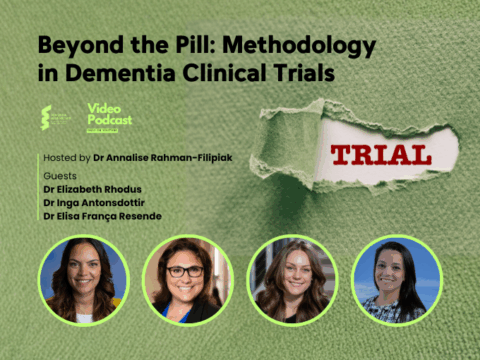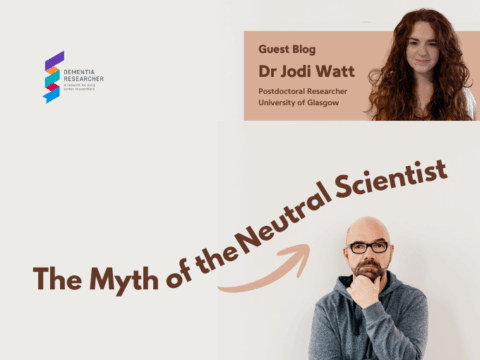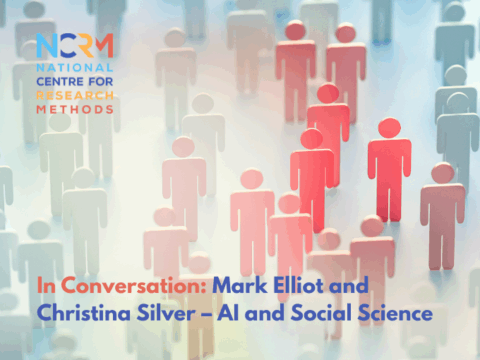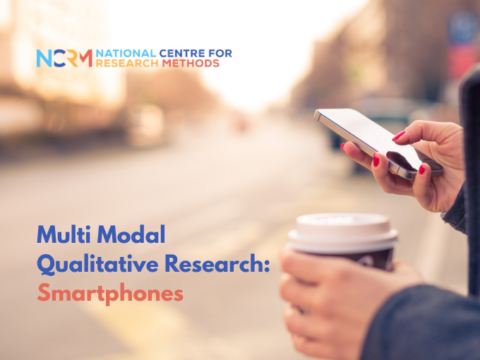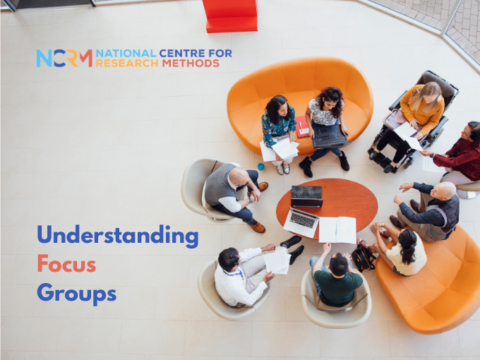Widely known as time-use research, the study of how people spend their time spans several social science disciplines, including sociology, public health, economics, and environmental science.
The aim of this NCRM resource is to introduce the time-use diary method, which is currently recognised as the gold standard for the collection of time-use data on large populations. Rather than collecting information on a narrow set of pre-determined activities like conventional social surveys, time diary surveys allow respondents to describe their full 24-hour day, providing a sequential and comprehensive record of all activities a respondent engages in, alongside valuable contextual information. Time diary estimates have been shown to be more accurate and reliable than social survey time-use estimates and are increasingly used to answer a wide range of research questions.
The Time-Use Diary Method
Time Diary Data and Research - introduction (video 1 of 3)
About the author
Stella Chatzitheochari is Reader in Sociology at the Department of Sociology of the University of Warwick. Stella completed her doctorate at the University of Surrey, having conducted secondary analysis of UK time-use diary surveys to highlight new dimensions of time poverty. As John Adams Career Development Fellow at the Centre for Longitudinal Studies (2012-2014), she was involved in the scientific design of the Millennium Cohort Study Wave 6 time-use record, which involved 3 different modes of diary data collection. Stella continues to work on time-use research, currently focusing on questions surrounding couple time as well as work schedules.
Stella Chatzitheochari. (2023). Time Diary Data and Research. National Centre for Research Methods online learning resource. Available at https://www.ncrm.ac.uk/resources/online/all/?id=20824 [accessed: 14 November 2023]

 Print This Post
Print This Post

